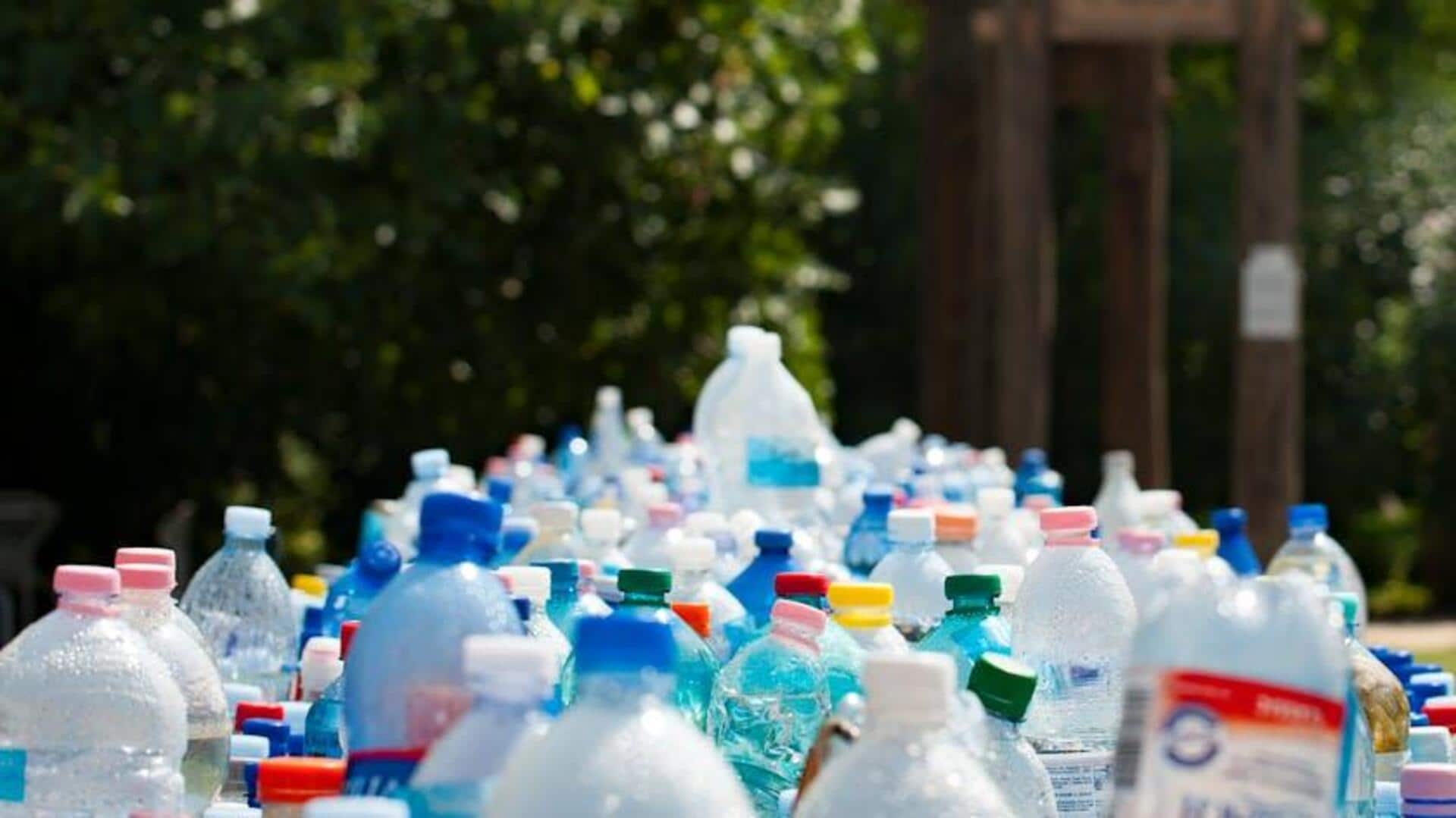
Go green: DIY solar lanterns from plastic bottles
What's the story
In many parts of Africa, access to reliable electricity continues to be a challenge. Repurposing plastic bottles into solar lanterns offers an innovative solution to the problem.
The approach not only provides a sustainable source of light but also helps in reducing plastic waste.
By using readily available materials and harnessing solar energy, communities can create affordable lighting solutions that improve quality of life and promote environmental sustainability.
Materials
Collecting and preparing materials
The first step for making solar lanterns is collecting the right materials. Used plastic bottles are cleaned well to remove any residuals.
Solar panels, LED lights, and rechargeable batteries are key components for turning sunlight into usable energy.
These can often be procured from local markets or from community initiatives working on renewable energy projects.
Assembly
Assembling the solar lantern
Once you have all the materials, you start by attaching the solar panel to the top of the bottle cap with some adhesive or screws.
Next, connect the LED light to the battery, which goes inside the bottle, along with wiring that connects it to the solar panel.
This way, sunlight captured by the panel in the day will charge the battery, powering the LED light at night.
Community impact
Benefits for local communities
Solar lanterns come with a host of benefits for local communities across Africa.
They provide an affordable lighting solution that minimizes dependence on kerosene lamps or candles, which are not only expensive but also dangerous.
Further, these lanterns also play a role in conserving the environment by recycling plastic waste and using renewable sources of energy such as sunlight.
Engagement
Encouraging community participation
Community involvement is key to the successful implementation of this initiative.
Workshops can be held to teach residents how to assemble their own solar lanterns from plastic bottles.
Involving community members in hands-on activities allows them to gain valuable skills, all while instilling a sense of ownership over their sustainable lighting solutions.